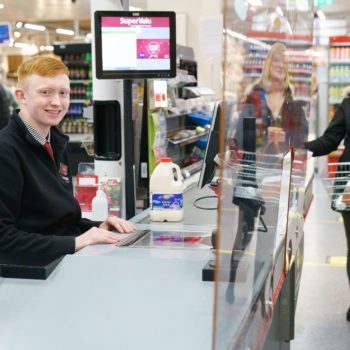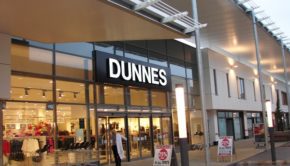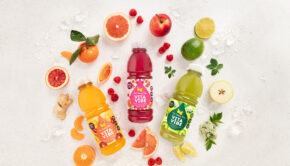Kantar: Grocery growth slows as shoppers adapt to new normal

Take home grocery sales grew by 17.2% in the 12 weeks to 19 April
6 May 2020
The latest figures from Kantar show take home grocery sales in Ireland increased by 17.2% in the 12 weeks to 19 April as shoppers adjusted to life under lockdown. While grocery sales are strong, retailers have felt the effects of social distancing restrictions on food on-the-go purchasing and other non-grocery categories.
In the most recent four weeks, year-on-year grocery growth slowed slightly from March levels to 22.5%. As people followed government advice to stay at home, the average household visited the grocers 19 times, two times fewer than the same period last year.
Still, shoppers added four extra items to their baskets each visit and increased their monthly grocery spend by €118 on average as they adjusted to life under lockdown.
“The change in shopper behaviour adds up to an extra €440 million spent on grocery in the past 12 weeks,” said David Berry, managing director, Kantar Ireland. “This additional spend is impacting individual retailers in different ways.
“Before lockdown, Dunnes customers already spent 80% more than the average shopper each visit at €43.80, which means the retailer has experienced less of a jump in spend per trip than those grocers starting from a lower base. Dunnes is growing slightly behind the rest of the market as a result, but these are extremely narrow margins and only 0.5% separates the three retailers at the top of the table.”
Lidl was the fastest growing of all the retailers during the full 12-week period, boosting sales by 22.1% and increasing its market share to 12% while Aldi grew by 15.6% to hold an 11.8% share.
In the shorter term, SuperValu’s large store estate saw it benefit from shoppers choosing to visit outlets closer to home, and it was the only retailer not to experience reduced footfall during the past four weeks.
SuperValu responded to Kantar’s figures, stating: “This is testament to the remarkable effort and dedication of our independent retailers and their staff as well as the implementation of protective measures such as plexiglass at tills and increased contactless payment limits for staff and customers a very early stage during the Covid-19 crisis.”
The company added that its “robust supply chain ensured that shelves remain fully stocked from the outset of the crisis. These measures mean that shoppers can always buy groceries without making multiple trips.
“While it remains an intensely competitive market and the cost of doing business rose during this period,” it added, “our performance also builds on steady growth seen during the third and fourth quarters of last year, which were a result of price cuts as well as a significant investment in our in-store value offering and range.”
Demand for online grocery has soared as people try to limit their contact with others. Indeed, 10% of Irish households received an online grocery delivery in the past four weeks compared with 6% last year.
“An additional €20.6 million was spent online this month,” said Berry, “it’s heartening that the number of retired people getting groceries delivered has doubled in the past 12 weeks, indicating the take up of delivery slots among more vulnerable groups.”
Cooking from scratch proved a popular way to pass the time at home. Sales of ready meals are in decline, but 50% of households bought baking supplies during the past four weeks, with flour up 52% and sugar up 43%.
Berry added: “Those shoppers trying to recreate their favourite takeaway dishes have also boosted sales of ethnic ingredients by 41% and herbs and spices by 61%.”
“There are signs that people are trying not to let the lockdown dampen their spirits. While beer gardens and wine bars remain off limits, people have been turning to the grocers for their favourite tipples and boosted sales of alcohol by 70%, an additional €47 million. Wine sales increased by 50% year on year, while beer, lager and cider sales benefited from the warmer weather and were double the levels in the same four weeks in 2019.”



 Print
Print




Fans 0
Followers